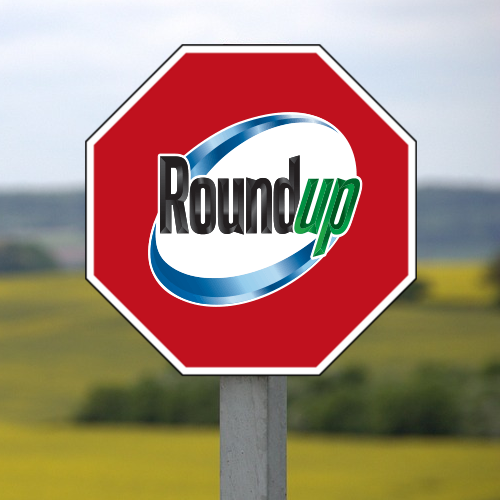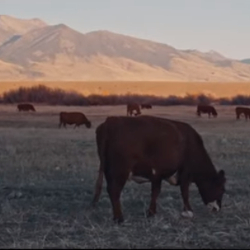If you wonder why your drinking water is unsafe, your food is covered in higher and higher levels of increasingly dangerous pesticides . . . if you wonder why independent farmers who cared about soil health and animal welfare have been replaced by Monsanto’s GMO monoculture “farmers,” you have only to look to how corporations have infiltrated our government—at every level—for the answers.
In Washington, D.C., EPA scientists are being replaced with “industry consultants” who care little about science, and even less about your health and safety. At the state level, we have government’s like Maine’s, trying to strip local communities of their right to ban pesticides.
And then there are city governments, like Fremont, Neb., making back-room deals to allow behemoth corporations like Costco to build factory farms that will pollute local waterways.
We’ve sold our political soul, our democracy, to the devil. And the devil is corporate greed.
According to an article published in 2015 in The Atlantic, corporations spend about $2.6 billion a year on reported lobbying expenditures—more than the $2 billion we spend to fund the House ($1.18 billion) and Senate ($860 million). The corporate takeover of our government didn’t happen overnight, the article says, but it happened. And it changed everything:
Things are quite different today . . . business lobbying has built itself up over time, and the self-reinforcing quality of corporate lobbying has increasingly come to overwhelm every other potentially countervailing force. It has also fundamentally changed how corporations interact with government—rather than trying to keep government out of its business (as they did for a long time), companies are now increasingly bringing government in as a partner, looking to see what the country can do for them.
In recent months, the hashtag #resist has dominated the twitter feeds of activists of all stripes. It’s mostly used in the context of Trump and his new administration. But what exactly is it about Trump that people are resisting? In large part, it’s his loyalty-at-all-costs to corporations.
We’ve been #resisting corporations, or rather corporate influence on policy (food, farming and otherwise), for decades. No matter if it was a Clinton or Bush or Obama Administration. And if we were living in a Hillary Administration today, we’d be waving the #resist banner just as high, just as often.
It’s the unholy alliance between corporations and politicians that have given us a corrupt and unhealthy food and farming system. As the Trump Administration brazenly reinforces and strengthens that alliance, we are more determined than ever to #resist. But we’re equally determined to #regenerate, to put forth solutions.
How? By mobilizing consumers in their own communities, against corporate agribusiness and the Big Food lobby—from Main Street to Washington, D.C.—who are degrading and degenerating our health, environment and climate, undermining organic standards by selling factory-farmed ‘imposter’ organic brands like Aurora, and/or using misleading labels like “100% natural” or “all natural” for products including milk, meat and eggs produced on inhumane, unhealthy, environmentally destructive factory farms. And by mobilizing consumers to “get political”, and to throw out the bums—those Republicans and Establishment Democrats who serve Monsanto, Walmart Exxon and McDonald’s, instead of us, the people who elected them.
Since launching the #Resist and #Regenerate Movement a few weeks ago on Meetup.com, 216 chapters have been formed, with over 3300 members. (We still need some volunteers to lead some of these groups. Interested? Email organize@organicconsumers.org)
We think Meetup.com, an online tool, can play a key role in helping us all bridge the gap between online and on-the-ground activism. The concept is simple: Start a #Resist and #Regenerate group on Meetup, reach out and invite local activists and concerned citizens to a meeting, identify a local issue or local candidate, and start working together—in your own backyard.
Find and join a #Resist & #Regenerate Meetup near you
Start your own #Resist & #Regenerate Meetup group in your community
Learn more about the #Resist & #Regenerate Movement
Watch our webinar on how to use the Meetup platform in your community
Sign up for TODAY’S webinar on how to organize against Monsanto in your community















